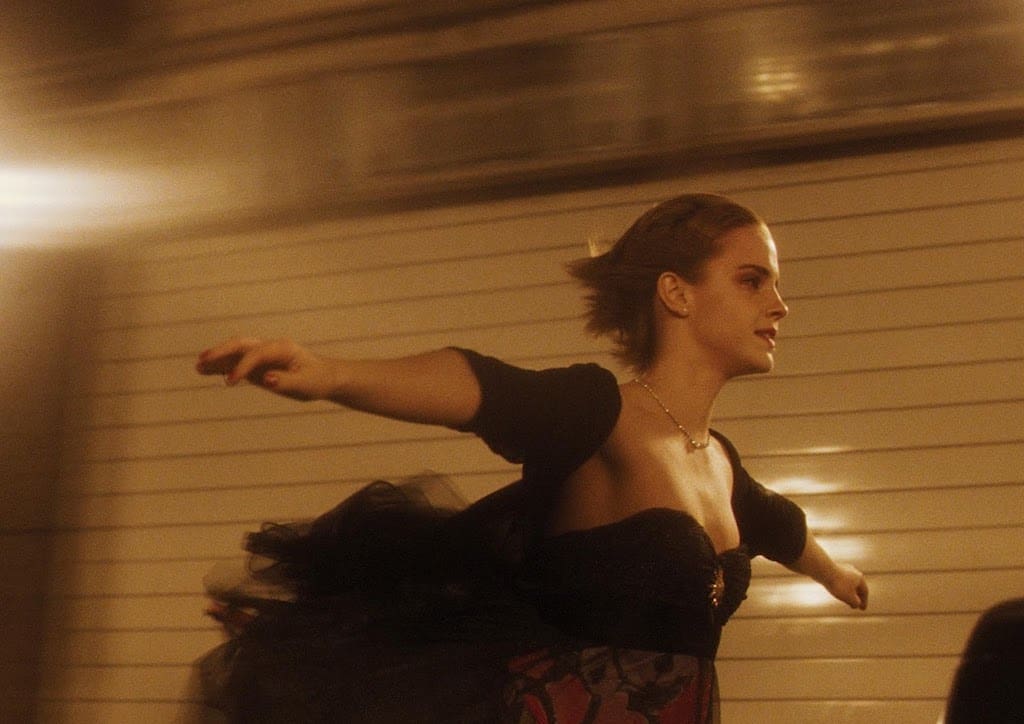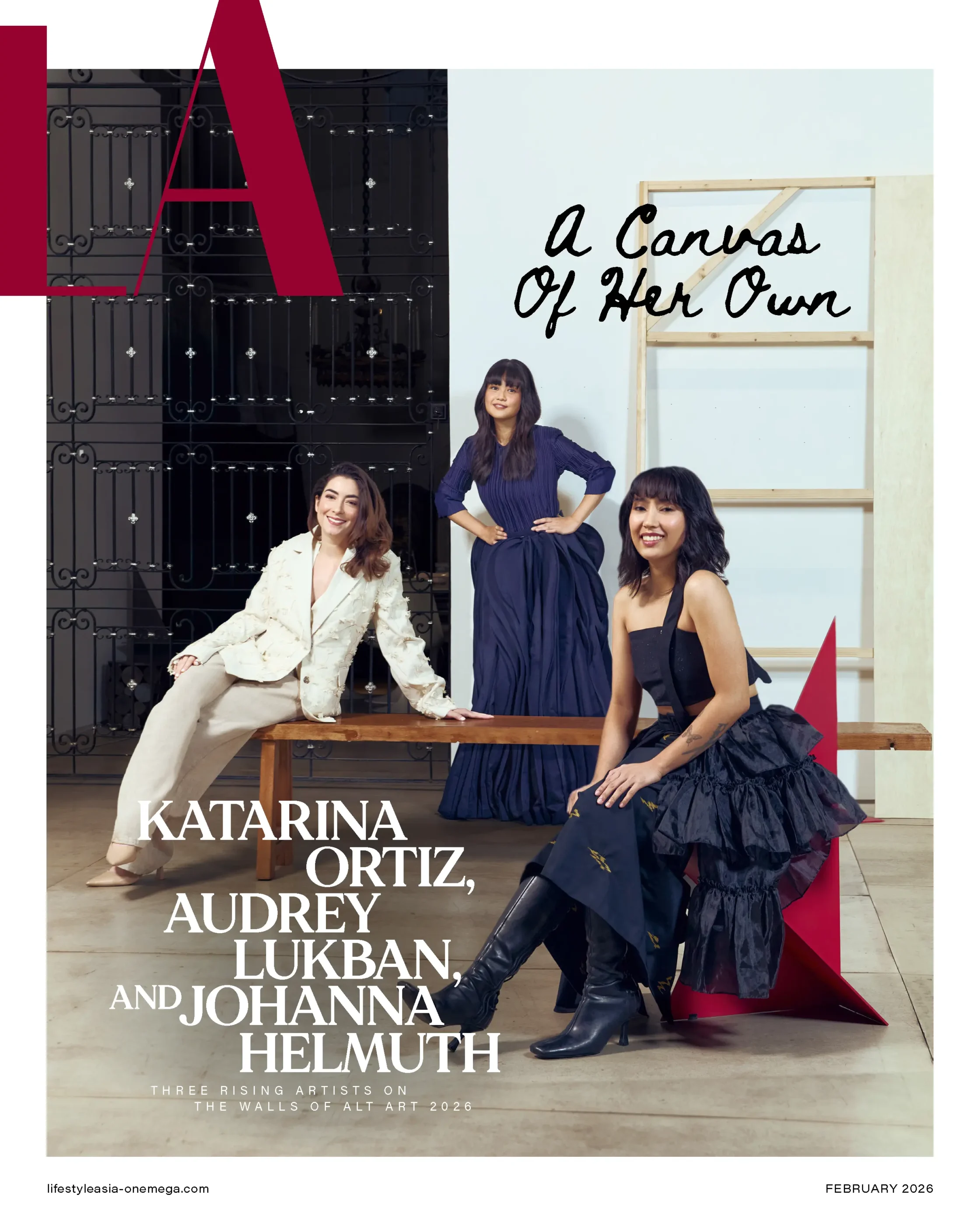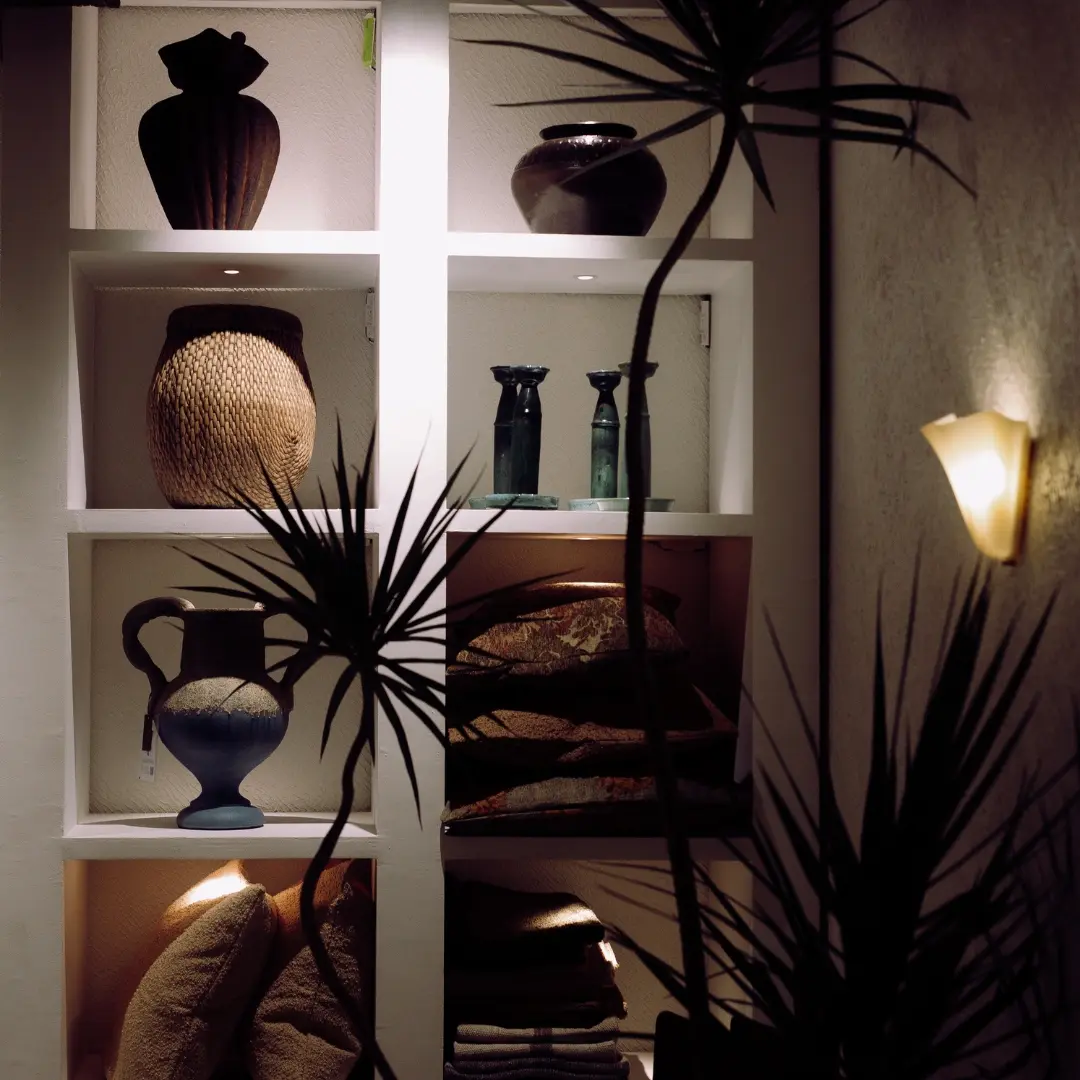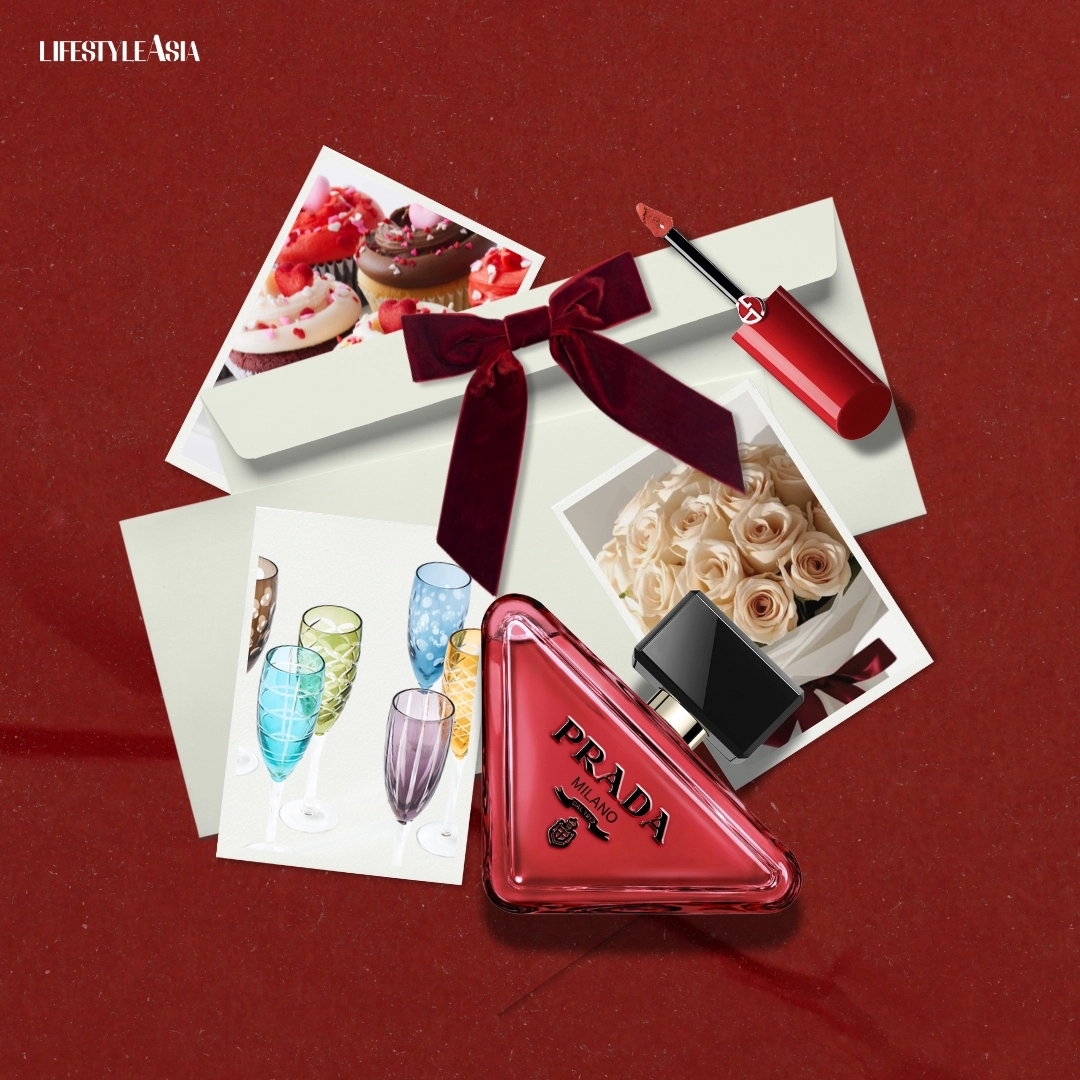The clouds were casted as I walked through Heritage Park in Taguig. This was only several weeks ago. My grandmother had died and we were waiting for cremation to be over so that we could do the entombment ceremony right after. I had recently lost a friend last December, and I thought of visiting his tomb during my wait. I walked down the stone road until I reached his plot, finding a beautiful black marble mausoleum adorned with fresh orchids. I said a little prayer before I found a black and white butterfly resting on my shoulder. It put a smile on my face. “Was this my grandmother or was this my friend visiting me today?” I asked myself before the little butterfly flew off past what my eyes could see. It was a scene straight out of a movie, and maybe in the great scheme of my life, this was the finale of Chino’s Life Story Part I.
Later that evening, I had invited my 20-something female cousin and her boyfriend over to my house for a couple of drinks. These two were future lawyers, both coming from families of prestigious attorneys and politicians, studying at one of the country’s top universities. I told them my experience with the butterfly, and the girl asked me, “Why do millennials romanticize everything?” It got me thinking, why do we? That little butterfly could have been just one of nature’s creations that happen to be there, passing through that day. But why did I think more of it? Was there a different circumstance in our growing up that shifted our minds to thinking a particular way? Why do we always overblow things? Why do we always heighten reality? And why do we all feel like we are the stars of our own movies? It was a subject that I found quite interesting, and decided that the next few weeks would be dedicated to asking young people (millennials in particular) why they thought so.
After several glasses of Johnnie Walker, our initial conversation that evening reached an interesting high point (this was expected from such opinionated people). “In our generation we yearn for more answers,” said the future female lawyer. “We want to picture everything the way we want to because that’s how we deal with reality. You know how we equate dreams of dead people as being visited by them? That’s actually something we just all heard from our parents growing up. I don’t think it’s just our generation who romanticizes life, but we’re definitely the most vocal about it.”
“But why do you think we are more vocal compared to say, our parents?” I answered back. “Social media,” she quipped. Our generation was given the tool of social media, and now we tend to abuse it, she mentioned. Now that our Instagrams and Facebooks have become extensions of us, it seems people are able to curate their lives the way they want people to see it. It is not impossible anymore to look like a prince, even if you are merely a pauper. At times it’s not a bad thing, but romanticizing begins when one pictures their life a certain way. You may be going to Palawan for a mere family reunion, but your Instagram photos can portray that you’re there just pondering the meaning of life with a good book, amongst the palm trees and clear blue beaches, complete with #blessed and a subtle boast about your designer swimwear. A trip to a local beach is no longer a simple excursion for our generation, but a heightened version of life that we need to announce and share to the world via our Instagram stories.
“The world is not like that in reality! You’re not always beautiful every day. You’re not always in Greece and Abu Dhabi wearing the most beautiful clothes. Life is not like that, because sometimes we wake up and we don’t want to live in the bodies we’re given,” she said as she shot the remaining whiskey in her glass.
RELATED READS: Alcohol Etiquette & Tips from Some Semi-Seasoned Millennial Drinkers

The topic I was investigating was off to a good start. Did social media play a large role in the behavior of millennials romanticizing everything in their lives? My research directed me to the most appropriate person to interview, one of my best friends who owns a social media company that hires online influencers. This young fellow leads a good life, traveling the world and eating good food with his girlfriend, and he has an Instagram account to match it. “Millennials believe that life must constantly have meaning and when things are dull, they fill the void with romanticizing everything,” he laughed. I followed up the question by asking him why he chooses to curate his Instagram account, “Because my image is my brand, and my brand must have worth. There for, I must build my image.” Good answer from a good guy, but then it got me thinking: do millennials define themselves based on the content of their Instagram accounts? Does that lead to a romanticized life?
I backtracked and remembered that I had written a piece similar to this for Meg Magazine several years ago. The piece was entitled “Why I Hate the Word Millennial but I Love Being One”. After re-reading it, I realized how romanticized the article was in general. I was defending our generation, the iPhone/Uber kids that past generations look down on as being lazy and bored. I wondered what my mindset was when writing that article.
I’ve pulled this quote from the original article: “To my fellow Millennials, with all this power in your hands, you must be able to prove yourself. Late night partying must translate to good work output. Instagram posts must not harm your reputation, but enhance it positively (and I don’t mean by posting your latest Balenciaga bag). And never, ever forget to give back. Not only to the world in ways you can, but also to the single most supportive group of people you will ever know: your parents, who happen to be Baby Boomers. They have stuck with you through thick and thin, from breast milk to Ice Grande Caramel Macchiatos with non-fat milk. They love you unconditionally. So prove yourself to the Baby Boomers, by hating their definition of the word millennial, but loving them enough to be a good one.”
Although I still believe in that statement above, it made me realized how romanticized my writing sounded already. Instead of simply stating that one should prove their parents wrong, I had this whole bit about Balenciaga bags and non-fat iced caramel macchiatos. I think at the time that’s how I wanted people to perceive me. I wanted to be seen as clever, a bit rebellious, and knowledgeable about life (and errr…luxury items). Does this still exist in me now? To an extent, yes. Maybe in a less shallow way.
RELATED READS: Lifestyle Asia Game Changers: Have You Met these 30 Millennials Making a Difference in the World?

Over the last weekend, I continued to ask the question further to several others. One friend of mine, a young man who deleted his Instagram (an anti-conformist of sorts) had very good points. He also thought social media had a large role in why our generation romanticizes life. He said something to the effect of “social media poisoning the mind of the youth, making them create lives that aren’t true to themselves.” I asked myself a question: Does romanticizing life make people fake? The topic was getting broader and broader. I was running around like a headless chicken with still no conclusion to my original question. In fact, I was getting quite confused on what I was looking for.
Eventually, I had to stop. I thought that if I sat on my desk and began writing this thing, maybe a clever conclusion would pour out of me. As I sit here right now, nothing is coming out of me, because I realized that this question can actually never be answered. Instead, I now have a personal realization: why does it matter at all that I answer this question?
It doesn’t.
It doesn’t matter that we want to be perceived as beautiful, luxurious, and perfect on Instagram. It doesn’t matter that we believe our dead loved ones are visiting us through a butterfly. It doesn’t matter if other generations think we’re lazy. What matters most is how we choose to live our lives. Instead of pondering about other people and their life choices, I’ve decided to live my life to the fullest. My life is probably the most romanticized of the bunch (I write for a living), but I don’t care. I choose happy, and so should you.
—
By Chino R. Hernandez





